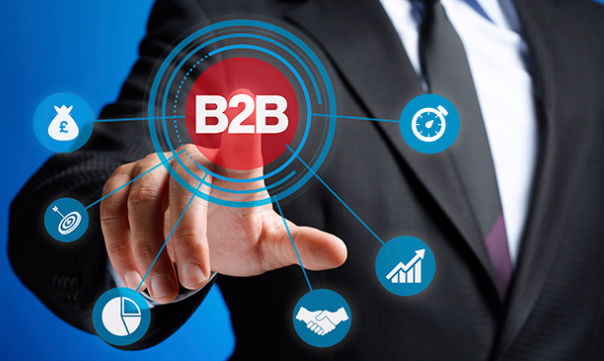A couple of months into 2016, many people will now be pre-empting annual business decisions that come with the new financial year every spring.
When it comes to strategic investment decisions, consideration of ROI benefits and how quickly they can be realised has never been more vital.
Manufacturing and distribution companies especially will increasingly be facing dilemmas in attempting to balance more traditional capital investment decisions with an increasing need to both protect and grow their online market share and reputations.
Netalogue has noted the key features and benefits that can be achieved from having a better B2B e-commerce website. Here are the top four.
1. New customer acquisitions
Implementing exceptional B2B e-commerce facilities to differentiate from your competitors is a strategy in itself that can win brand new business accounts and market share. Establishing a reputation for being a company that has the best e-commerce facilities, which have all the very latest time saving features that make professional buyers lives easier, will demonstrate an organisation’s proficiency and keep you ahead or those that are slower to act.
2. Boost to average order size
Order values on B2B webstores are typically far greater in size than their retailer equivalents and may often consist of sometimes hundreds of different line items. But that doesn’t make them impermeable to retailer-type methods of encouraging extra spend to boost average basket size through use of techniques like promotions, clearance, non-discretionary checkout screen offers, cross selling and upselling. Being able to intelligently prompt additional spend and encourage purchases in different target areas should therefore be a focus of all B2B vendors competing to win and retain increased market share.
>See also: Need for speed: How to ensure your e-commerce website is up to scratch
3. Enhanced customer loyalty
It’s a fact that customers who return will on average spend more – and so it follows that B2B companies that provide their customer with an exceptional (as opposed to merely average) e-commerce experience significantly increase the ‘stickiness appeal’ of their webstores, as well as the likelihood that those customers keep returning.
4. Reduction in actual cost of sales
The cost of selling to business customers that both order and manage their accounts in a ‘self-service’ fashion online are significantly lower, with major profit line advantages over their off-line equivalents. Vendors that successfully foster closest possible B2B e-commerce relations with as many of their clients online as possible put themselves in a major position of fiscal advantage.







